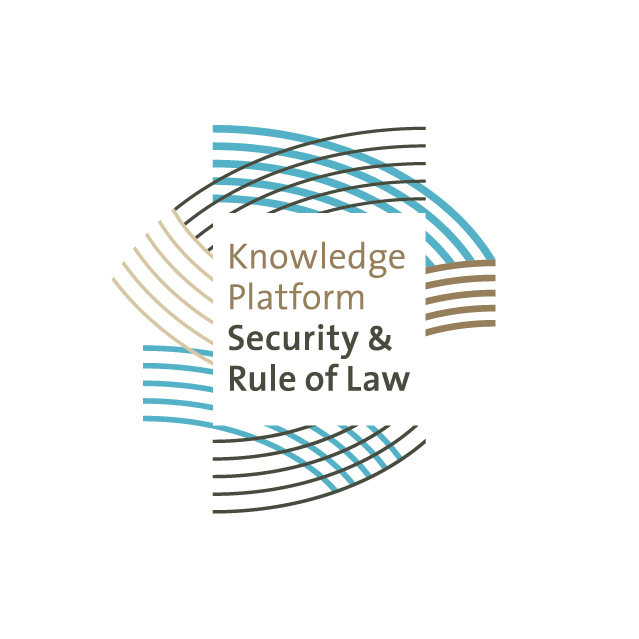On 24 June 2015, the Platform held its Third Annual Conference. The conference gathered a great representation of the Platform’s international network and due to the highly interactive and open atmosphere, it provided for a great opportunity to explore the intersections of the Platform’s program. The conference also allowed the network to share insights and experiences with the view to guide the Platform in its future directions. Several artists made live visual interpretations of the day’s discussions, capturing the most important and inspiring messages.

After an energizing opening by moderator Petra Stienen, the day was kick-started by Robert Serry with an insightful conversation on his experiences as Former Diplomat and UN Special Coordinator for the Middle East Peace Process. Drawing from his extensive experience in conflict mediation he highlighted negotiating with Hamas as UN Special Envoy for the Middle East. He emphasized the need for a patient, pragmatic and coherent approach to deal with non-state actors: “Quick fixes come back to haunt you…” and “I would take risks with non-state actors if I believe they could help”. But in doing so, low politics needs to go hand in hand with high politics.
During a conversation with the Platform’s Steering Group members, the network shared best practices, lessons learned, and brilliant failures of the Platform, critically assessing the functioning of the Platform and developing ideas for its future direction. Some of our principal takeaways of the session: “Search for irritation”, make it light, share knowledge products more interactively and tailored to specific audiences and make sure to connect and engage with local networks.
In the closing plenary morning session Jan de Vries and Marco Lankhorst deconstructed the Reconstruction Tender, critically dissecting the way the tender was set up, and suggesting ways to develop ambitious and realistic programs that strike the balance between accountability and agility. In a video response, Rachel Kleinfeld emphasized this message in explaining her brilliant metaphor of how our interventions should move more like sailboats instead of trains, moving towards the same end goal, with a flexible and adaptive route. The ensuing discussion highlighted the impact of the analysis of the Reconstruction Tender on the development of the Theory of Change of the MFA as well as the need for early engagement of implementing organizations in designing the next tender.
In the afternoon, the approximately 100 participants split up into interactive breakout sessions where they were challenged to draw lessons from the Platform’s past and ongoing activities, with the aim of harnessing new insights to chart innovative future directions. The breakout topics focused on the intersections of past and ongoing activities. For an impression of the breakout discussions, please consult the following links:
- Citizens seeking justice and security in fragile contexts | Facilitated by Rob Sijstermans, Cordaid
- Avoiding political entanglement? Or embedding justice in politics? | Facilitated by Bart Weijs, Platform Secretariat
- Testing assumptions: the private sector's contribution to peace and stability |Facilitated by David Bremner, Cordaid
- The current crisis in Burundi: the effectiveness of international engagement | Facilitated by Suying Lai, Oxfam Novib and Gabrielle Solanet, Search for Common Ground
- Migration: exploring the potential of the comprehensive approach | Facilitated by Anna Knoll, ECDPM
The many constructive comments, inspiring ideas and novel insights that emerged from the conference discussions will be taken up in further developing future directions and activities of the Platform.
Please keep an eye on our website to be informed about the main discussions, outcomes and impression of our Third Annual Conference:
Please find below the summary report of the conference:




